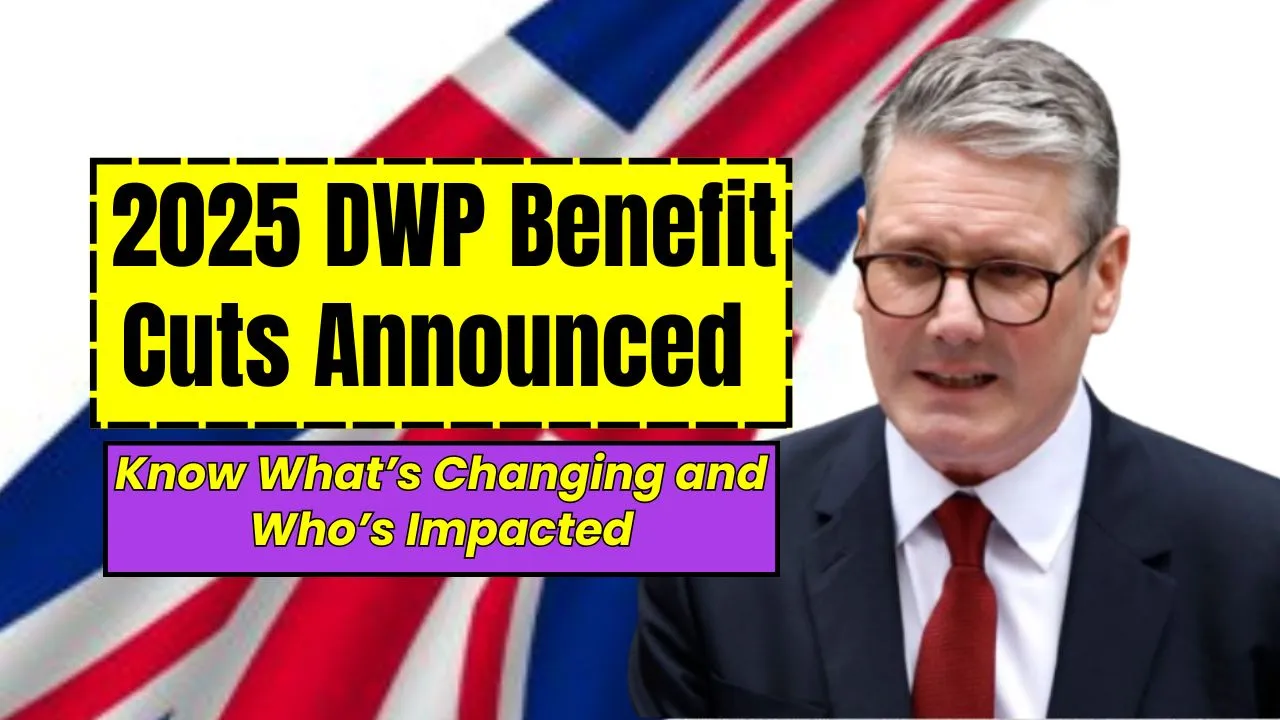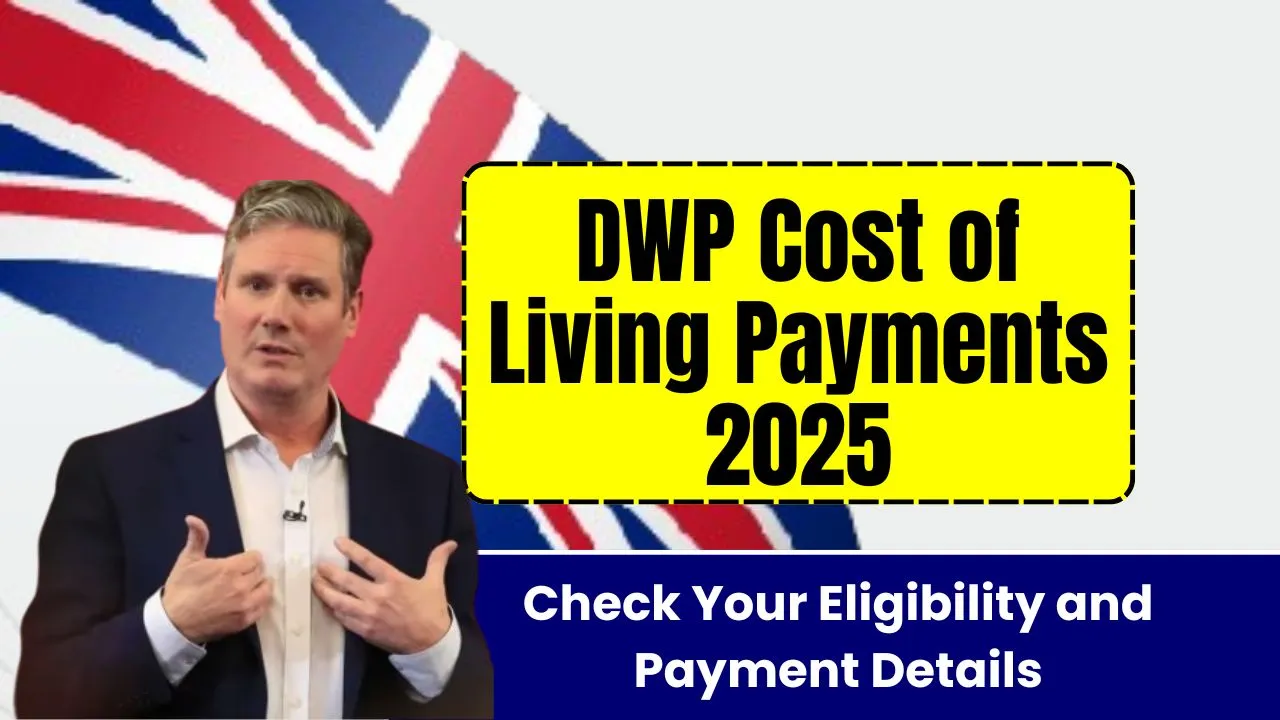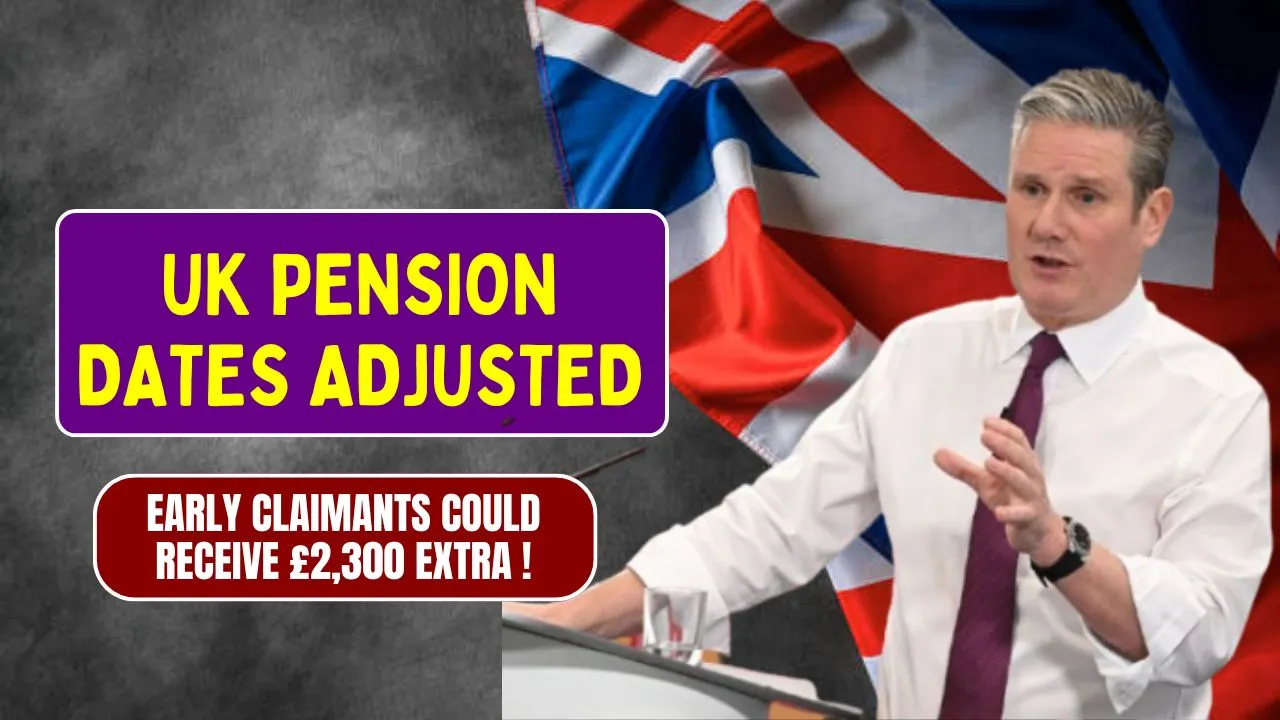2025 DWP Benefit Cuts: 2025 DWP Benefit CutsThe UK welfare system is about to undergo one of its most significant shakeups in recent years. The Department for Work and Pensions (DWP) has confirmed that four major benefits will face funding cuts in 2025. This move, part of a broader welfare reform strategy, is already causing widespread concern among millions of working-age claimants who rely on this support for basic living needs like rent, food, and energy bills.
The announcement of the 2025 DWP Benefit Cuts has triggered anxiety across households, especially among the disabled, jobseekers, and low-income families. While the government frames the move as a step toward efficiency and long-term sustainability, critics argue it may do more harm than good. In this article, we’ll break down what’s changing, who’s impacted, and what actions people should take to prepare for the shift.
2025 DWP Benefit Cuts: What You Need to Know
The 2025 DWP Benefit Cuts include reductions to four key welfare payments: Universal Credit (specifically the housing element), Employment and Support Allowance (ESA), Personal Independence Payment (PIP), and Jobseeker’s Allowance (JSA). These are vital benefits for people with health conditions, the unemployed, and those struggling to afford rent.
The DWP claims the cuts are aimed at rebalancing the welfare budget and encouraging more people to enter employment. However, this justification has been met with serious pushback from economists, charities, and opposition leaders who warn the policy could push vulnerable groups into deeper hardship. As the government prepares to implement these changes, understanding the impact is more important than ever.
Overview Table of 2025 DWP Benefit Cuts
| Benefit Affected | Type of Cut | Who’s Impacted |
| Universal Credit (Housing Element) | Reduced housing support | Renters on low income |
| Employment and Support Allowance (ESA) | Cut in disability-related support | People with long-term health conditions |
| Personal Independence Payment (PIP) | Reduction in personal care allowance | Disabled individuals needing daily support |
| Jobseeker’s Allowance (JSA) | Lower job-seeking support | Unemployed individuals actively seeking work |
Cuts
The first wave of the 2025 DWP Benefit Cuts focuses on four primary areas of welfare. Universal Credit’s housing element is being scaled back, meaning some people may no longer receive enough to cover their rent. This is especially concerning in areas with rising rental costs.
ESA, a benefit for those unable to work due to illness or disability, will also be reduced. The cut affects both existing and new claimants, increasing pressure on people who are already managing serious health issues. PIP, designed to support those with disabilities in daily life, is facing similar reductions. Meanwhile, JSA, intended to help jobseekers cover basic costs while they search for employment, will be trimmed, potentially limiting the financial safety net for many.
Impact
For millions of people, benefits are not a luxury—they are essential for survival. These changes could mean less money for food, heating, rent, or necessary health supplies. Families with children, elderly caregivers, and individuals with disabilities are expected to be hit the hardest.
Experts are warning of a ripple effect. Reduced income may increase reliance on food banks, emergency housing, and mental health services. While the government argues this reform will ultimately reduce welfare dependency, many believe it may instead drive up costs in other public sectors.
Justify
The government says the 2025 DWP Benefit Cuts are necessary to promote self-sufficiency and streamline the welfare system. According to the DWP, the goal is to help people become less reliant on long-term support and more engaged in the workforce. They argue this is a step toward a fairer, more efficient system that prioritizes those in greatest need.
However, critics are skeptical. Without clear alternatives or a phased approach, slashing support risks pushing people further into poverty. Economists and advocacy groups question whether cost savings now could lead to higher spending later on healthcare, housing, and social services. A better balance, they argue, must be found between reform and responsibility.
Future
Looking ahead, the government has promised to release more details and provide support during the transition. Public briefings and consultations are planned to help recipients understand how the cuts will affect them and what options might be available.
Legal battles are likely. Several advocacy organisations are already preparing challenges, questioning the legality and fairness of the cuts. Protest movements, petitions, and debates in Parliament are also expected to increase through the second half of 2025.
For those currently on affected benefits, it’s vital to act now. Checking eligibility, gathering documents, and reaching out to local support groups can make a difference. Planning ahead may help reduce the stress of sudden financial changes.
Outlook
The 2025 DWP Benefit Cuts represent a major shift in UK social policy. The move toward a leaner welfare system may offer financial savings on paper, but the real-world cost could be much higher. Whether this reform truly improves lives or simply burdens the vulnerable is something only time will tell.
Striking a balance between efficiency and compassion is no easy task. For many, the coming year will be about survival—both financially and emotionally—as they adjust to these new challenges. The government’s promise to “support those most in need” will be closely watched and tested in the months ahead.
FAQs
Which benefits are being cut in 2025?
Universal Credit (housing element), ESA, PIP, and JSA will face reductions in funding starting next year.
Why is the DWP cutting benefits?
The DWP states that the cuts are aimed at improving budget efficiency and promoting employment among claimants.
Who will be most affected?
Low-income families, disabled individuals, and jobseekers who rely heavily on these benefits will be the most impacted.
Will there be replacement support?
The DWP has mentioned possible “alternative support,” but no detailed plan has been released as of now.
Can I appeal the changes?
Legal challenges are likely, and individuals can seek help from advocacy groups and welfare advisors to explore their rights.
Final Thought
The 2025 DWP Benefit Cuts may be presented as a step toward reform, but for many people, they represent real uncertainty and hardship. If you’re one of the many affected, don’t wait—review your entitlements, connect with advisors, and stay informed about upcoming government updates. Your voice matters. Share this article to raise awareness, and check in regularly for new developments.












